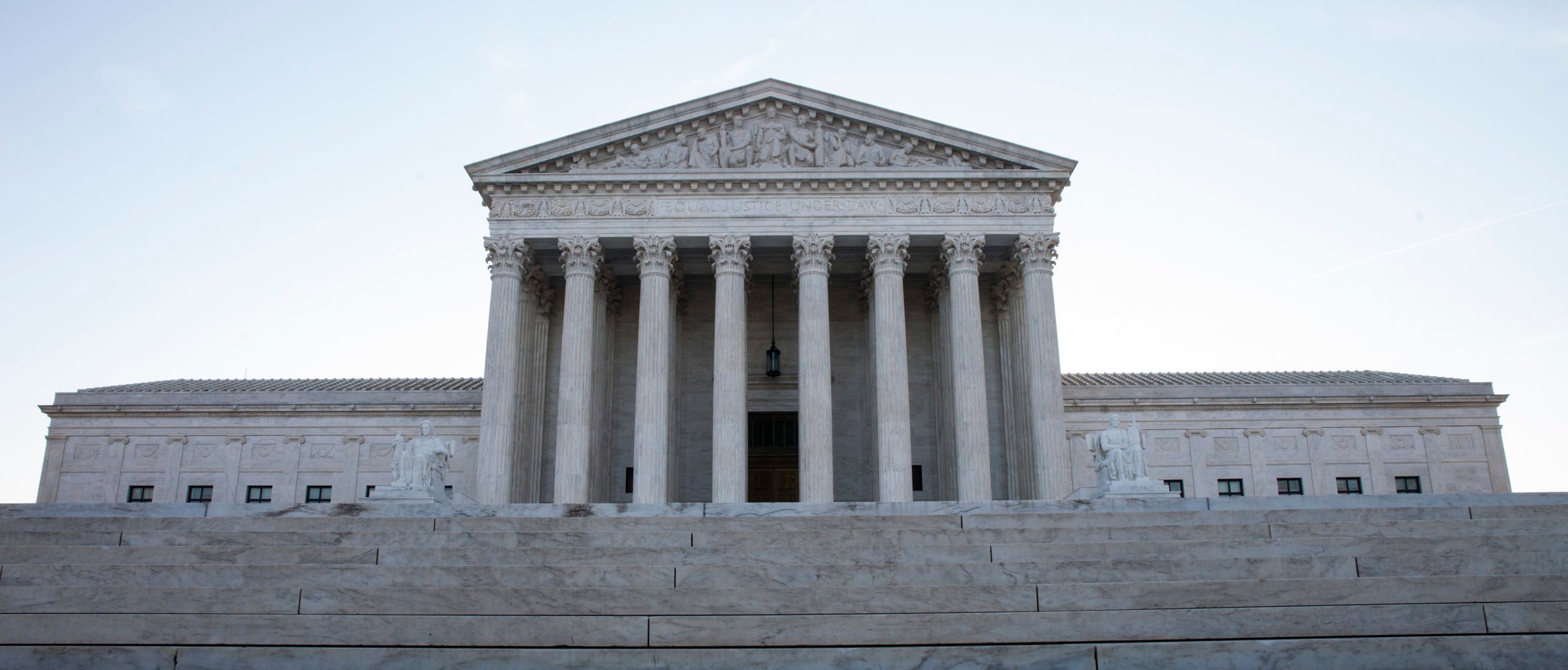The Supreme Court considered Tuesday when a government official’s use of his private social media account qualifies as state action.
The justices heard two cases, Garnier v. O’Connor-Ratcliff and Lindke v. Freed, dealing with public officials who blocked constituents from their pages over critical comments. Social media is “the new town square,” lawyers defending individuals blocked by officials told the justices, which creates a problem when members of the public are blocked from engaging in the place government representatives are speaking and soliciting reactions, they claimed. (RELATED: The Supreme Court Has A Chance To Radically Shape Free Speech Online)
In Garnier v. O’Connor-Ratcliff, the Ninth Circuit previously found that two California school board members who blocked parents over critical comments were acting “under color of state law.” But the Sixth Circuit ruled in Lindke v. Freed that city manager James Freed’s decision to block a constituent over comments critical of his handling of COVID-19 did not qualify as state action, since Freed was not using his government authority or fulfilling a duty of his office with the account.
Working from these two tests for state action, the justices tried to tease out what activities were covered in an “official duty.” Multiple justices questioned a definition that limited duties to only activities that are clearly spelled out, noting many duties are customary and not written down, such as announcing rules and sharing information.
Justice Elena Kagan referenced former President Donald Trump’s Twitter account, where his blocking of critics was the subject of a lawsuit that the Supreme Court earlier dismissed as moot due to the change in administrations, noting Trump was doing “a lot of government” on the page.
“I don’t think a citizen would be able to really understand the Trump presidency, if you will, without any access to all the things that the President said on that account,” she said. “To cut a citizen off from that is to cut a citizen off from part of the way that government works.”
The justices posed various hypotheticals designed to nail down what restricting individuals from a social media page was closest to in the real world. Is it like a city mayor restricting critics from a meeting on his private farm, an official running into constituents at a grocery store or the White House Press Secretary hosting dinners and inviting only specific reporters?

WASHINGTON, D.C. – MARCH 20: Morning light shines outside The United States Supreme Court building on March 20, 2017 in Washington, D.C. (Photo by Zach Gibson/Getty Images)
Defining when an official is “on duty” becomes more complicated when, as Justice Samuel Alito noted, “they’re always on call.” “They’re always doing their job,” he said. “They’re always being approached by constituents.”
“Maintaining an ongoing site for the exchange of information differs from other scenarios,” Pamela Karlan, the attorney representing parents blocked by school board members, said
“At Thanksgiving dinner, [if] somebody says pass the gravy and you say: ‘And I also passed a bill last month’…That would be private,” Karlan said.
Other considerations stemmed from the differing facts of the two cases. Freed’s account included many clearly personal posts, including photos of his children and cats, while the school board member’s primarily included material related to the job, even requesting people contact her through an official government email address.
Kagan took a step back toward the end of arguments in the second case to look at the “big picture” of how much public discourse increasingly happens on social media. “More and more” of the government is operating on social media, she said.
All content created by the Daily Caller News Foundation, an independent and nonpartisan newswire service, is available without charge to any legitimate news publisher that can provide a large audience. All republished articles must include our logo, our reporter’s byline and their DCNF affiliation. For any questions about our guidelines or partnering with us, please contact licensing@dailycallernewsfoundation.org.


